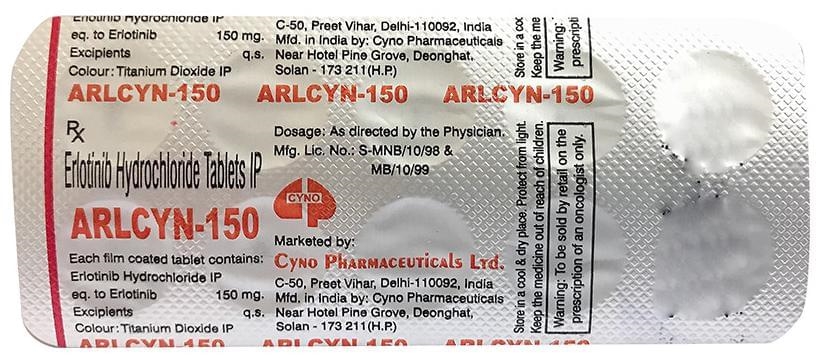Vitamin D
Vitamin D, also known as cholecalciferol, is a fat-soluble vitamin that plays a crucial role in maintaining the health and function of various systems within the human body. It is primarily obtained through sunlight exposure, dietary intake, and supplementation.
Vitamin D is essential for the absorption and metabolism of calcium and phosphorus, which are critical for maintaining strong bones and teeth. Adequate levels of Vitamin D contribute to the prevention of bone-related conditions such as rickets in children and osteomalacia in adults, which can lead to weakened and deformed bones.
In addition to its role in bone health, Vitamin D has been associated with various other functions in the body, including immune system support, modulation of cell growth, and regulation of hormone secretion. Some research also suggests that Vitamin D may play a protective role in preventing certain chronic diseases, such as multiple sclerosis and type 1 and type 2 diabetes.
Vitamin D deficiency is a common issue, affecting a significant portion of the global population, particularly those living in regions with limited sun exposure or with darker skin. Symptoms of deficiency can include muscle weakness, bone pain, and fatigue. In severe cases, deficiency can lead to complications such as bone deformities and fractures.
Supplementation with Vitamin D is often recommended for individuals at risk of deficiency, including the elderly, pregnant or breastfeeding women, people with limited sun exposure, and those with certain medical conditions that impair the body’s ability to absorb Vitamin D. Vitamin D supplements are available in various forms, including capsules, tablets, and liquids, and should be taken as directed by a healthcare professional.

Showing the single result
Showing the single result

